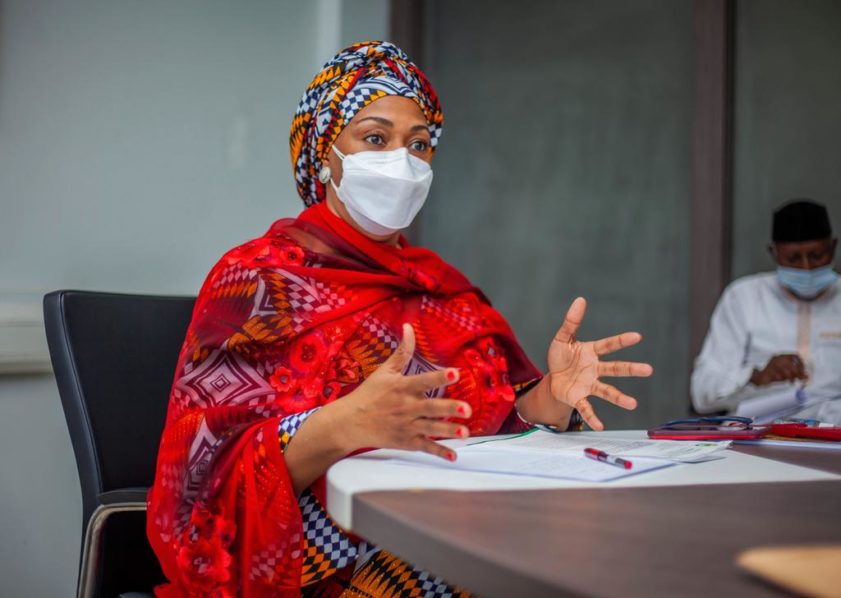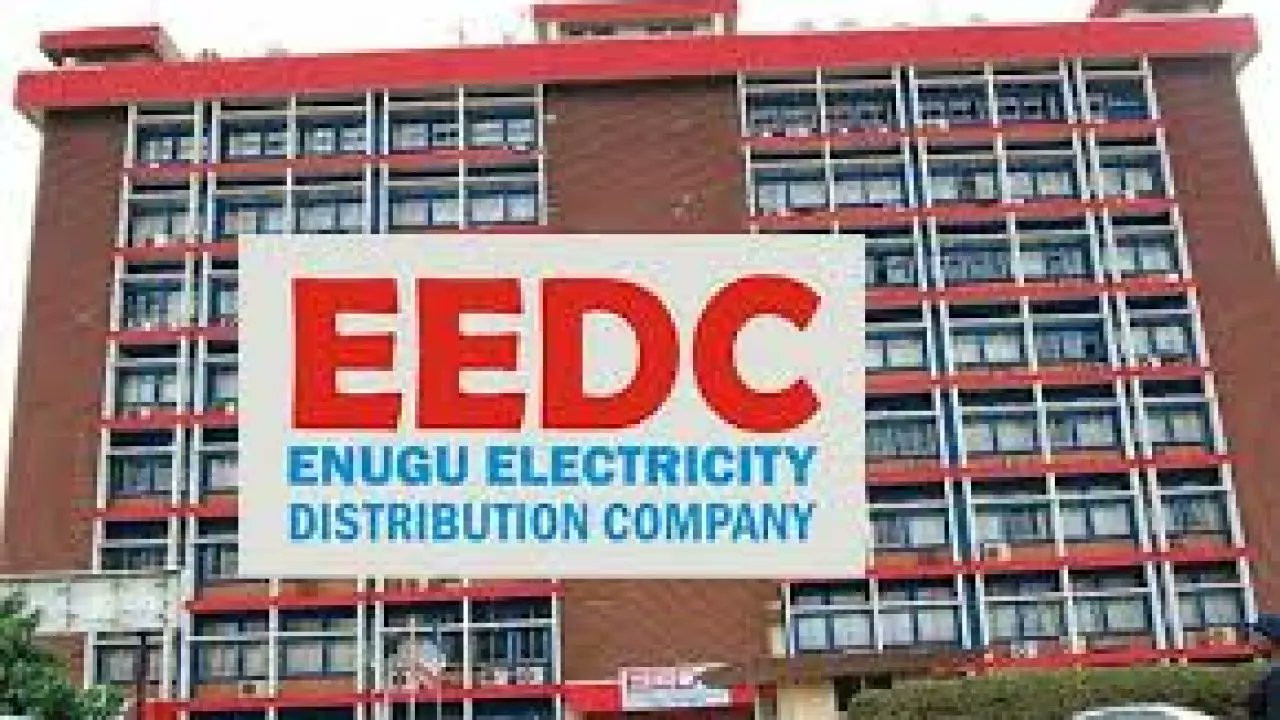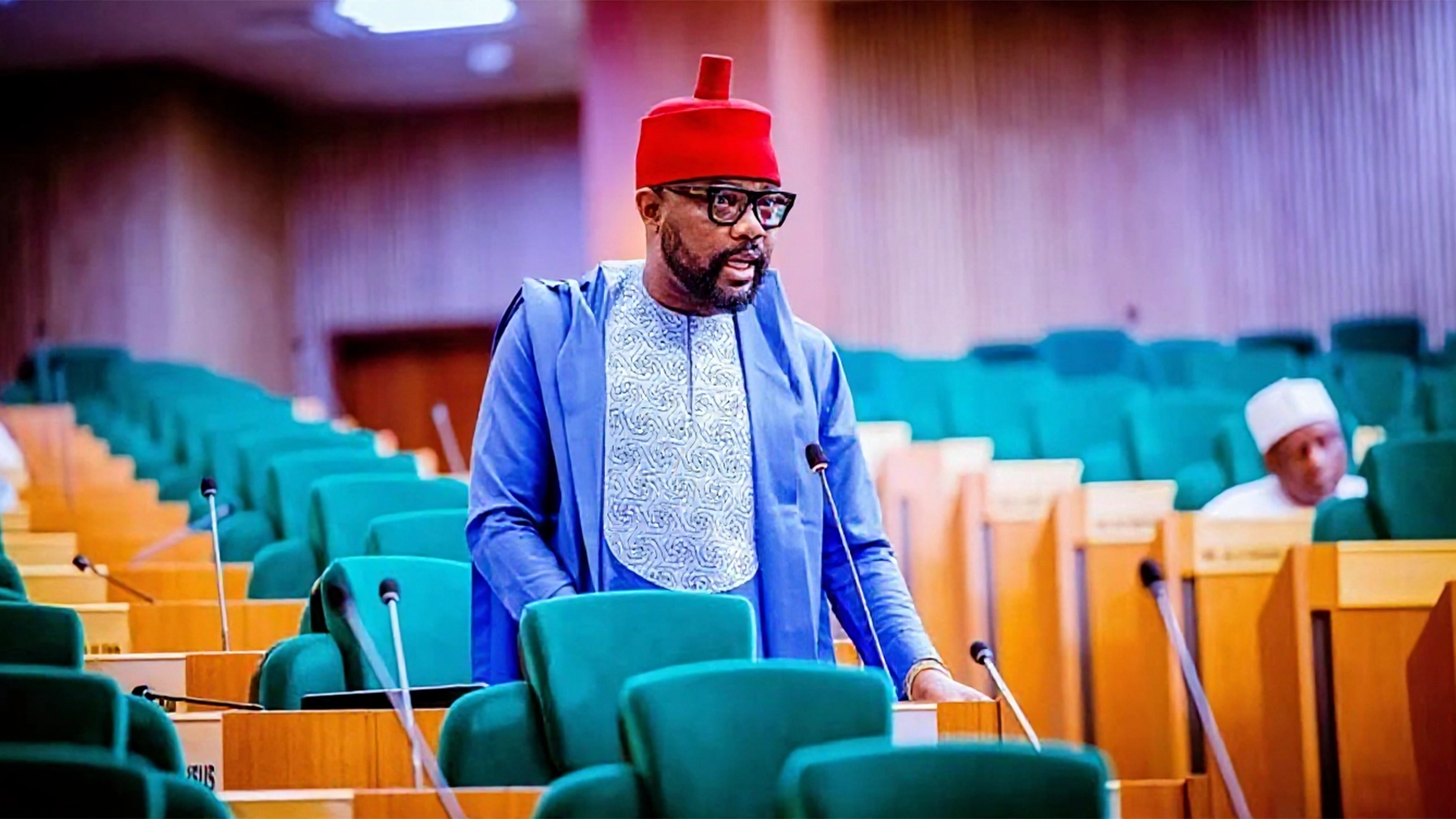
Key stakeholders in the petroleum, transport and logistics sector have raised concerns about the recurring cases of tanker accidents in Nigeria, and called for an end to the development.
Indeed, the Minister of State, Transport, Gbemisola Saraki, noted that such accidents caused by human error could be killing more Nigerians than some diseases.
She disclosed this at a workshop organised by Major Oil Marketers Association of Nigeria (MOMAN), and the National Association of Road Transport Owners (NARTO).
Speaking at a workshop on, “Truck Renewal Policy,” Saraki, who was represented by the Assistant Director, Mass Transit in the ministry, Angela Keyede, said: “These crashes can be avoided if drivers are disciplined enough while on the road. It might shock you to know that road crashes are a serious ‘epidemic’ in Nigeria that produces more deaths than HIV/AIDS and Tuberculosis (TB) put together annually.”
This comes as the Corps Marshal, Federal Road Safety Corps (FRSC), Dr. Boboye Oyeyemi, said the lack of safety valves was responsible for the tanker explosion, which destroyed lives and properties in Lokoja, Kogi State, recently.
Oyeyemi insisted there was a need to properly conduct safety examinations of drivers, trucks and tankers before allowing them to ply the roads with petroleum products.
Coming when Nigeria has deregulated the downstream sector with expectations for efficient service delivery, Oyeyemi said: “We have been battling with the tankers that are falling and killing scores of people.”
According to him, a critical area to address is the issue of safety valves, adding that installing safety valves would make petrol spill even if there is an accident.
“The failure of vehicle and fleet owners to install safety valves is one of the major problems and we are going to look at that. It will be part of the resolution with the Department of Petroleum Resources (DPR), which I have sealed for implementation that if there’s no safety valve, there’s no loading,” he stated.
Chairman of MOMAN, Adetunji Oyebanji, said there was a need for a framework that would ensure safety of lives and property in the downstream sector.
Oyebanji said the integrity issues on the pipelines since the 1990s had compelled Nigeria to transport goods by roads, noting that “All over the world, the transportation of petroleum products is done via pipelines, rails and roads. Movement of product by pipeline is considered the most efficient and safest compared to rail and road.
“With about 10,000 trucks involved all over the country, hauling products majorly from the south to the north, about 80 per cent of these trucks do not have anti-skid.
“They also do not have anti-rollover, anti-spill protection, automatic braking systems, on board cameras and on-board tracking system required for safe transportation of petroleum products by road,” he said.
The National President of NARTO, Yusuf Othman, told marketers to provide the opportunity to optimise truck purchase, while also making prompt payment to the financiers.
“I also want to urge the financiers also to provide affordable and flexible financing for our members, while also taking into cognizance the environment we are operating,” he said.






